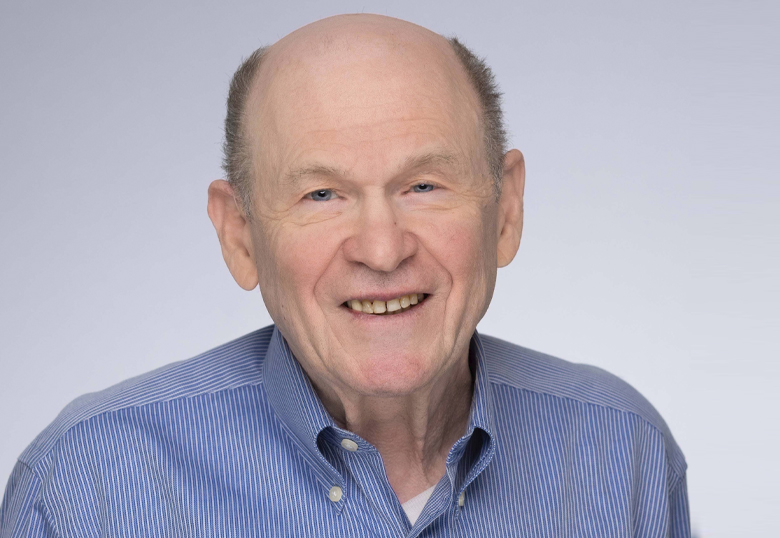Dr. Nahum Sonenberg, the world’s leading researcher in the field of protein synthesis and translational control, will be recognized with an honorary degree by the University of Lethbridge at its Spring 2024 Convocation later this month.
Sonenberg, who has worked at Montreal’s McGill University since 1979, has been at the forefront of the study of messenger RNA translational control and its critical role in cell growth control, cancer and learning and memory. A member of the Royal Society of Canada and Royal Society of London, he has written more than 600 papers of the highest quality, many appearing in the world’s leading scientific journals.

“The contributions Dr. Sonenberg has made to this critical field of research are transformational and have set the standard for study in his discipline,” says ULethbridge Chancellor Terry Whitehead (BA ’94). “As a comprehensive research and teaching university, we value Canadian researchers such as Dr. Sonenberg, the work they inspire, the collaborations they form and the standards they set in seeking to enhance the health and well-being of our society. We are proud to recognize Dr. Sonenberg with an honorary degree.”
Sonenberg will be presented with a Doctor of Science, honoris causa, at Spring 2024 Convocation, Ceremony III, on Friday, May 31, 2024, 9:30 a.m. in the 1st Choice Savings Centre gymnasium.
Nahum Sonenberg
Sometimes the smallest things translate to making the largest impact. Dr. Nahum Sonenberg, Gilman Cheney Chair in Biochemistry at McGill University, has spent the majority of his scientific career working at the cellular level, while the results of his world-leading efforts have had a massive effect on our understanding the critical role protein synthesis plays in growth control, cancer, learning and memory.
German born, Sonenberg did the majority of his post-secondary training in Israel, earning his bachelor and master of science from Tel-Aviv University and his PhD in Biochemistry from the Weizmann Institute of Science in Rehovot, Israel. He conducted pioneering research as a Postdoctoral Fellow at the Roche Institute of Molecular Biology in Nutley, New Jersey before beginning his illustrious career at Montreal’s McGill University in 1979, taking on the role of Assistant Professor in the Department of Biochemistry and McGill Cancer Centre.
Simply stated, Sonenberg is the world’s leading researcher in the field of protein synthesis and translational control. His work is focused on the nucleic acid sequences of genes as they are converted into the amino acid sequences of proteins that perform all the critical chemistry required for life. His scientific breakthroughs include the 1978 discovery of the protein eIF4E and later the first to discover the important role of GCN2, a cellular protein kinase that controls translation in learning and memory.
In all, he has written more than 600 papers of the highest quality, many appearing in the world’s leading scientific journals. His discoveries have served as building blocks upon which great advances in the study of health and disease have been made, including conditions such as cancer and autism.
In 2008, Sonenberg was honoured with the Canada Gairdner International Award and in 2014 he was awarded the Wolf Prize in Medicine (Israel), two of the world’s top awards given to researchers studying the life sciences and medicine. He is also an Officer of the Order of Canada and Fellow of the American Association for the Advancement of Science.
Sonenberg has been a staunch supporter of junior researchers and specifically women and those underrepresented in science. His valuable mentorship of students, postdoctoral fellows and faculty members has significantly advanced the scientific community and he has been unwavering in his support of the principles and importance of the pursuit of basic research.
